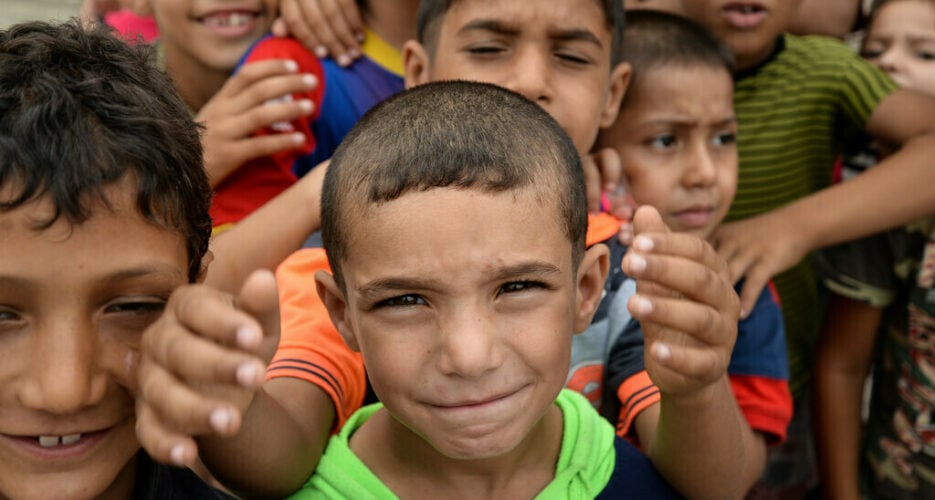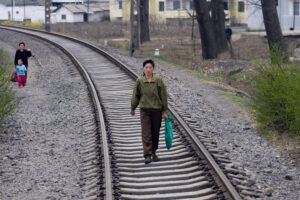As even a cursory look through the press these days confirms that the attitude toward the ongoing migrant crisis in Europe has undergone a dramatic change within the last couple of months. As recently as last summer, the German chancellor Angela Merkel said that Germany would welcome refugees more or less unconditionally. Crowds cheered arriving buses and trains with arriving refugees. Obviously, these people fancied themselves as being like the people who attempted to save Jews during the Holocaust. Politicians and nations who did not show much enthusiasm (mainly in Eastern Europe) were widely reviled as xenophobic, cruel and behind the times.
Europeans seem to have awoken from their soft dreams, and it increasingly looks like a rude awakening. Plenty of refugees have indeed come: In 2015, around 1 million Middle Easterners sought refuge in Europe. As one would expect, the continued conflict in the Middle East, not to mention stories of European generosity, produced an increase in already rising numbers. The first two months of this year have seen 10 times as many refugees as over the same period last year – and the real “migration season” is yet to start.
As even a cursory look through the press these days confirms that the attitude toward the ongoing migrant crisis in Europe has undergone a dramatic change within the last couple of months. As recently as last summer, the German chancellor Angela Merkel said that Germany would welcome refugees more or less unconditionally. Crowds cheered arriving buses and trains with arriving refugees. Obviously, these people fancied themselves as being like the people who attempted to save Jews during the Holocaust. Politicians and nations who did not show much enthusiasm (mainly in Eastern Europe) were widely reviled as xenophobic, cruel and behind the times.
Europeans seem to have awoken from their soft dreams, and it increasingly looks like a rude awakening. Plenty of refugees have indeed come: In 2015, around 1 million Middle Easterners sought refuge in Europe. As one would expect, the continued conflict in the Middle East, not to mention stories of European generosity, produced an increase in already rising numbers. The first two months of this year have seen 10 times as many refugees as over the same period last year – and the real “migration season” is yet to start.
Become a member for less than $4 per week.
Unlimited access to all of NK News: reporting, investigations, analysis
The NK News Daily Update, an email newsletter to keep you in the loop
Searchable archive of all content, photo galleries, special columns
Contact NK News reporters with tips or requests for reporting
Get unlimited access to all NK News content, including original reporting, investigations, and analyses by our team of DPRK experts.
Subscribe now
All major cards accepted. No commitments – you can cancel any time.










